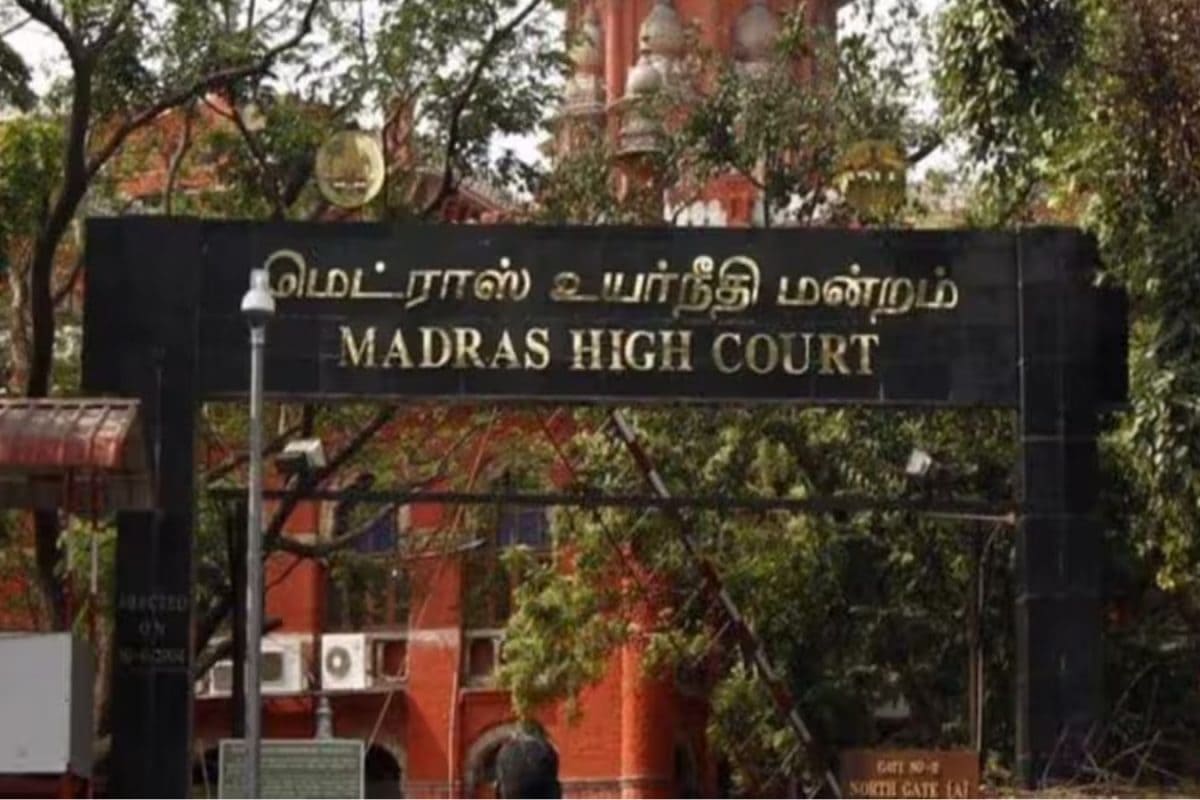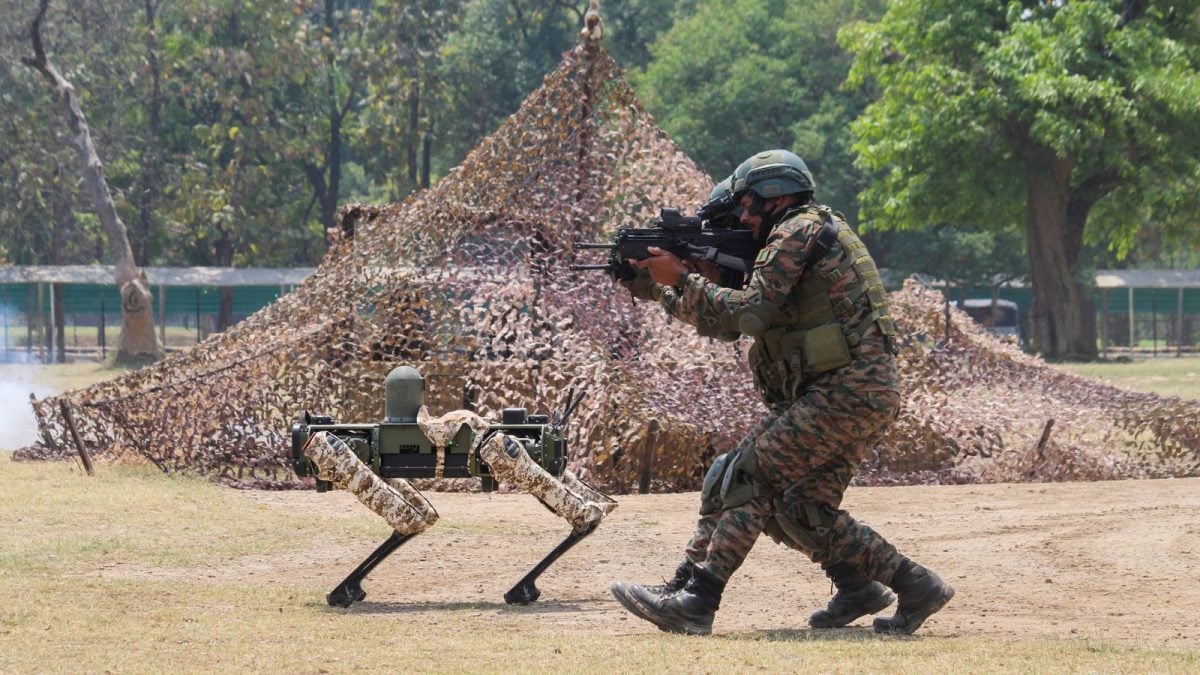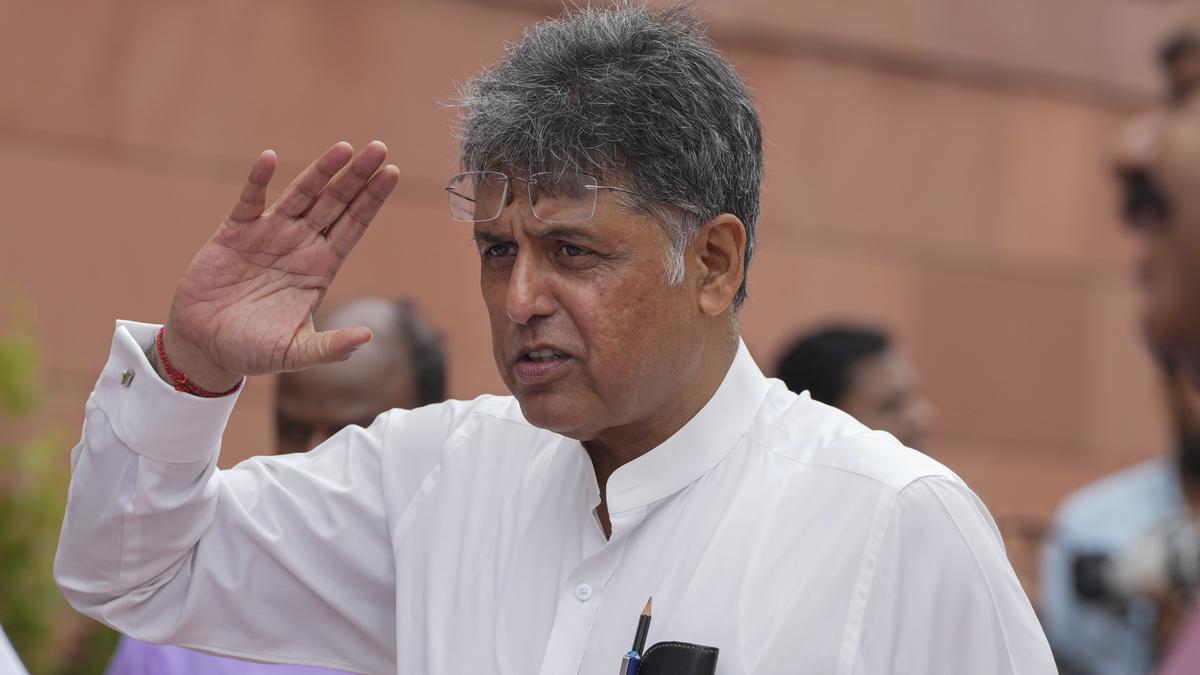On August 12, 2025, Tamil Nadu Chief Minister M.K. Stalin launched Thayumanavar Thittam, a scheme to provide ration products at the doorsteps of senior citizens and persons with disabilities. This scheme, which when translated means ‘one who shows motherly affection’, is not new for Tamil Nadu, conceptually or in practice. But what makes it different from similar schemes implemented in the past is its reach. Thayumanavar Thittam, at a cost of cost of ₹30.16 crore, is set to benefit about 20.4 lakh senior citizens and 1.3 lakh persons with disabilities across the State. In early July, the authorities conducted a trial run of the scheme in 10 districts, including Chennai.
Tamil Nadu is perhaps the only State to follow a universal public distribution system (PDS) instead of a targeted PDS. Unlike in many other States, where licences are issued to private dealers to run fair price shops, cooperative societies in Tamil Nadu manage the affairs of nearly 95% of the shops (as against the national average of over 20%). Of about 37,330 shops in the southern State, more than 35,000 shops are handled by cooperative societies.
Tamil Nadu has also established 2,495 mobile fair price shops to ensure access to essential commodities for people in remote, hilly, and geographically challenging areas. Five years ago, during the COVID-19 pandemic, the then AIADMK regime also opened seven such shops and named them after former Chief Minister Jayalalithaa.
Other States have been implementing schemes similar to Thayumanavar Thittam for some time. Under the Oppom scheme in Kerala, auto rickshaw drivers deliver essential commodities at the doorsteps of people who cannot visit PDS shops to collect their supplies due to old age, illnesses, or other issues. In Karnataka, the Anna Suvidha scheme benefits those aged over 75. Punjab is also implementing its own variant of the concept.
In Delhi and Andhra Pradesh, the execution of similar schemes ran into problems. The scheme in Delhi never took off when the Aam Aadmi Party was in power. In Andhra Pradesh, regime change proved to be the obstacle: the Telugu Desam Party-led government reversed the previous YSR Congress Party government’s practice of supplying essential commodities through mobile dispensing units for all beneficiaries. In the revised scheme, door delivery of commodities has been restricted to about 16 lakh PDS beneficiaries who are aged above 65 years or are physically challenged.
Nevertheless, the idea has clearly been gaining currency. This is why it is strange that the Union government told the Lok Sabha early this month that “there is no provision under the [National Food Security] Act for delivery of foodgrains at the doorstep of beneficiaries.” What should have been stated is that Section 32 (1) of the Act says that the law does “not preclude the Central government or the State government from continuing or formulating other food-based welfare schemes.”
The DMK regime’s initiative was appreciated by Desiya Murpokku Dravida Kazhagam (DMDK) general secretary Premalatha Vijayakant, who is not an ally of the ruling party. Describing the launch of the scheme as a “victory” for DMDK founder Vijayakant and the party, she recalled how Vijayakant had promised electors during the 2006 Assembly polls that his party would deliver commodities to beneficiaries if brought to power. His idea had been ridiculed then, she said. The DMDK general secretary was, however, guarded about her party’s position on forming an alliance with the DMK for the 2026 Assembly elections and clarified that the decision would be taken at the party’s meet in Cuddalore in January.
Amma Makkal Munnetra Kazhagam (AMMK) general secretary T.T.V. Dhinakaran criticised the scheme, contending that it had been implemented keeping the Assembly elections in mind. He also reminded the government that it had not implemented the DMK’s electoral promise of increasing the quantity of sugar and including urad dal once again under the PDS.
Notwithstanding the criticism, Mr. Stalin seems to be conscious of the fact that it is officials in charge who determine the success of any scheme. This was evident when he pointedly sought their cooperation. Without the right approach from them, schemes such as this may fail to ensure food security to lakhs of beneficiaries.



.png)
.png)
.png)
















 3 hours ago
5
3 hours ago
5










 English (US) ·
English (US) ·